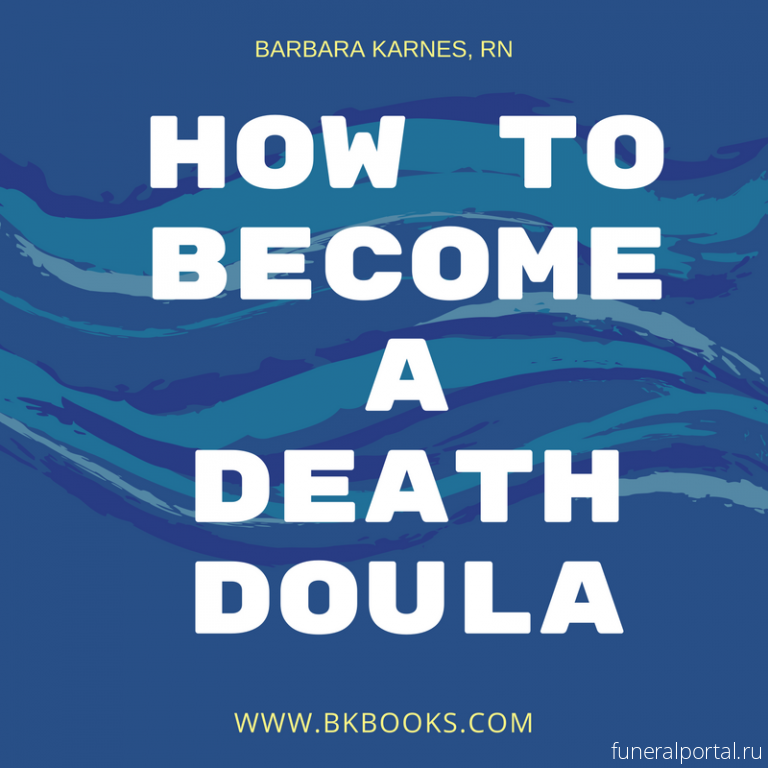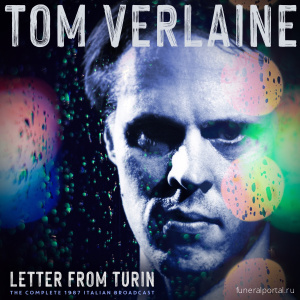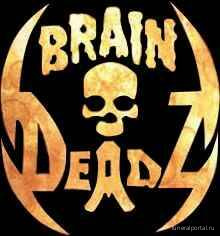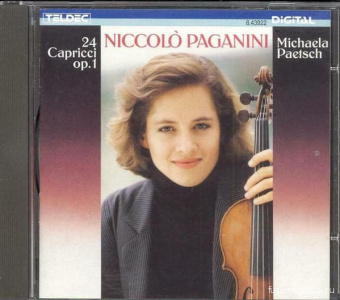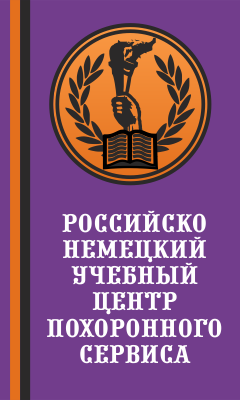
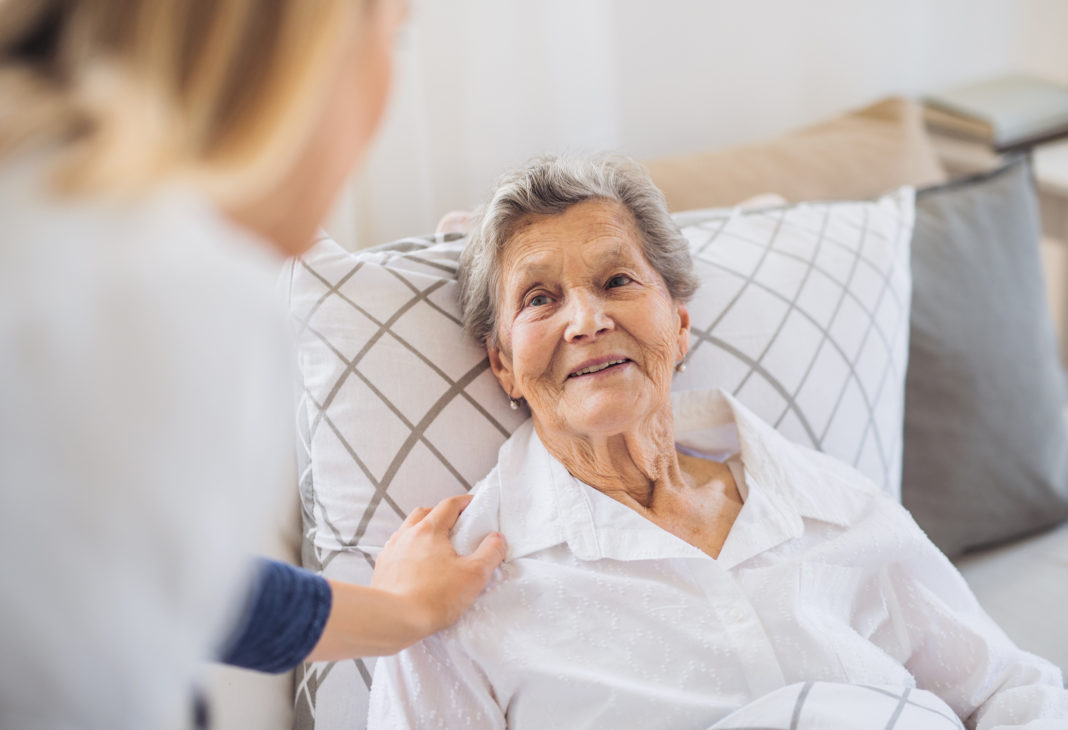
Training
By Leader Contributor Jessie Rigney
Midwives have been around for almost all of modern history, assisting women through birth and providing medical support when needed. Serving as a birth doula is a profession, geared toward offering the new mother and her family emotional and spiritual care. But can this same concept apply to the end of life too?
A relatively new option for the dying and their family members, death doulas provide non-medical emotional support and assist in navigating the end-of-life process. They advocate for the wishes and final preferences of a dying person while serving as a calming presence for loved ones.
Intrigued by this concept, we spoke with Francesca Arnoldy, a bereavement researcher at the University of Vermont, about why she became a death doula, what it takes to become certified, and why funeral professionals can benefit from certification.

“My family experienced a number of losses in a row within a couple of years, and I realized the support I offer as a birth doula felt similar to the support I was offering someone that was dying. When one of my grandfathers was dying, I had very little preparation going in, but I was able to embody this calm presence, and it felt really meaningful to me,” Arnoldy said. “It taught me a lot about life, death, and myself.”
Arnoldy was already working with the university to create birth-related courses and trainings when they asked about her interest in creating a death doulas program to support the community. She trained to become a hospice volunteer by watching documentaries, reading books, and taking classes to learn what she could.
After about a year of developing curricula, the program launched in 2017. Arnoldy said she was most surprised by the large variety of learners who are attracted to the course.
“We get medical care people, funeral directors, spiritual care providers, and mental health workers who have a variety of goals in mind for their learning journey. Some want to add complementary skills and approaches to the work that they’re already doing. Others want to expand their offerings,” she said. “It’s been it’s been wonderful, and I continue to learn from our learners every time.”
People with great listening skills who are empathetic and calm during overwhelming situations make the best death doulas, Arnoldy said.
“It’s a willingness to lean into times of intensity. We all have our strength and gifts, but people who are rooted in compassion and kindness and who can remain calm in a crisis is incredibly important,” she said. “It’s very similar to the characteristics of a funeral director.”
Although certification isn’t required to become a death doula, Arnoldy said certification is almost critical in maintaining the mental stability of a healthy doula.
“Some people call themselves doulas without formal training. Others decide to take formal training and then become a doula and offer specific services,” she said. “Some organizations offer their own in-house certification process, while the University of Vermont offers a foundational training program and then a certificate of completion.”
Arnoldy’s online program at the University of Vermont lasts eight weeks and takes between 80 and 100 hours to receive a certificate of completion, but several other organizations also offer training. NEDA, the National End of Life Doula Alliance, is an umbrella organization that invites those interested to receive any form of training or if they simply want to learn more about being a death doula.
Arnoldy also explained what to expect when signing up for a death doula program, including learning how to clarify one’s emotions, fears, and hopes.
“Our focus, really, is taking good care of ourselves so that we can sustain our energy and our passion. This is very emotional work, but we encourage people to reflect, process, debrief, and really focus on their own feelings and what they need,” she said. “It’s very introspective, and we do our own work as authentically as we can in preparation for holding the hands of those who are facing death.”
Learners also develop a directory list as a source for clients to understand the support in their community, such as grief counselors, places of worship, funeral homes, funeral directors, and the cemeteries in their local community.
Arnoldy said consumers are becoming more familiar with the idea, and since 2017, over 1,500 students have become certified death doulas.
“The people we’ve served from the funeral industry have really appreciated the program,” Arnoldy said. “It gives them skills and tools to have a deeper understanding of grief and all of its facets.”
Because Arnoldy works closely with funeral directors who are taking the course, she wants to show her appreciation to them for the hard work they do.
“I feel like funeral directors often need a listening ear and some support. There are these assumptions that because they chose this work, they should be fine with it all and that’s not the case,” Arnoldy said. “It can be quite heavy, and it’s so important we reach out and care for one another.”
Check out Arnoldy’s website for additional information.
Click here to learn more about death doulas and to find additional training opportunities.
